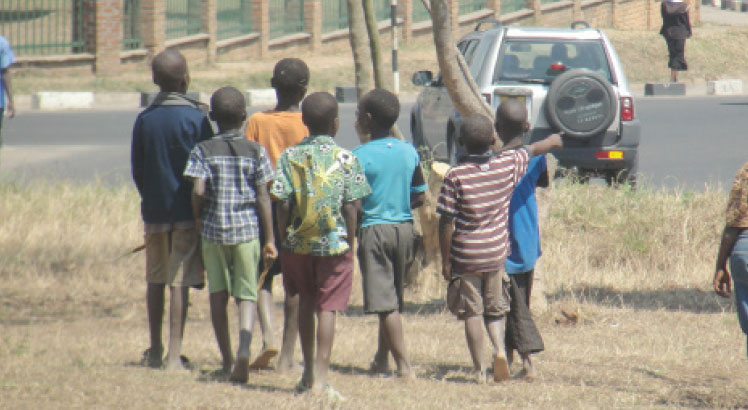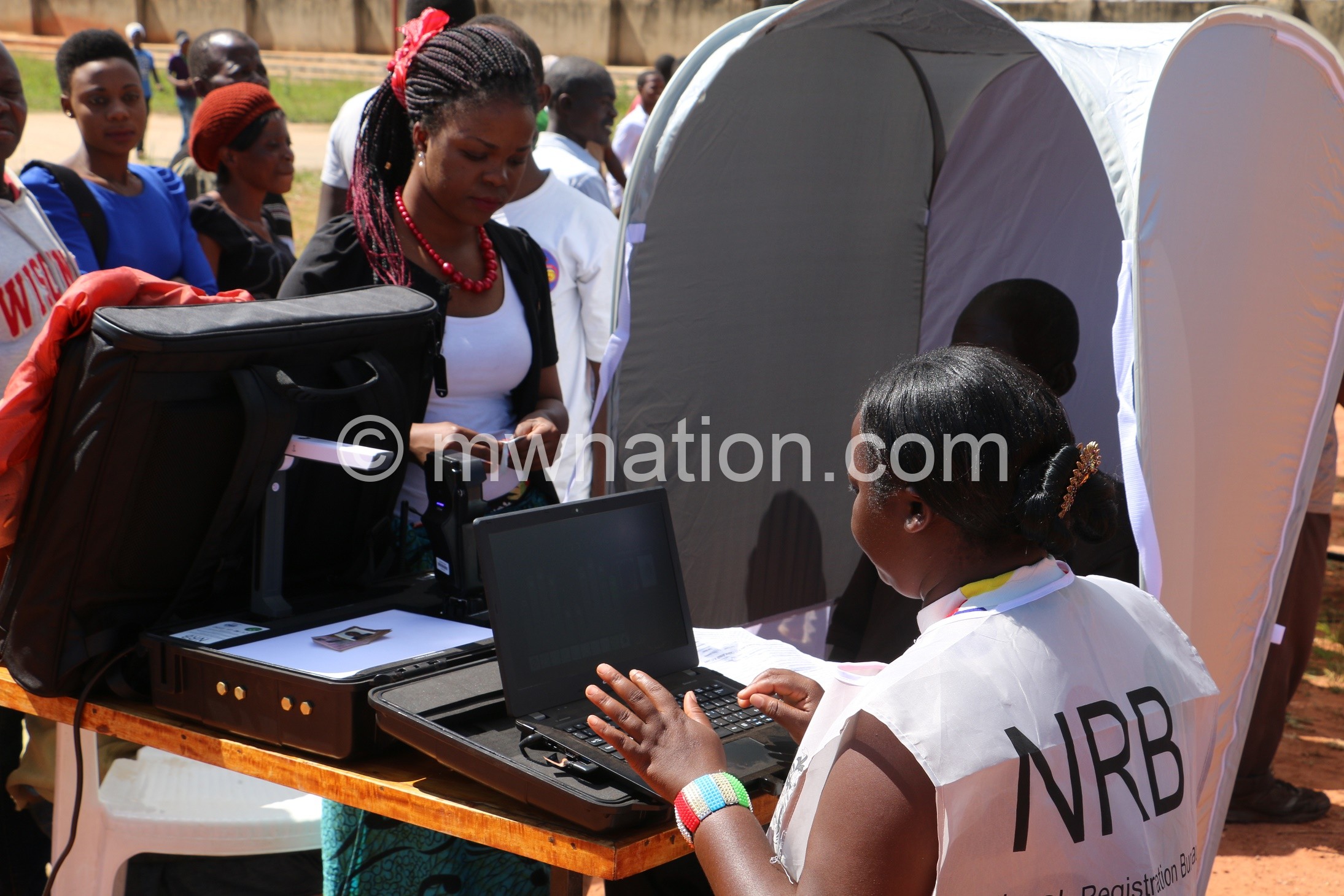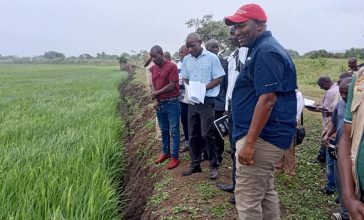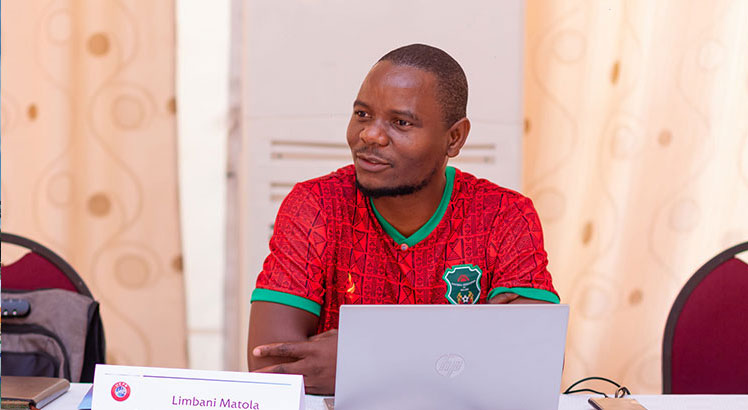Gender disparities still huge in Malawi-study
Recent findings on governance and service delivery in Malawi by the Institute of Public Opinion and Research (Ipor) has revealed huge gender disparities in the country particularly in education, access to health, political representation, land ownership, human security and livelihood.
Speaking in Blantyre on Thursday during dissemination of results of the Malawi Local Governance Performance Index (LGPI) Study, Ipor’s senior researcher Dr Boniface Dulani said the study shows that in some areas the inequalities are rather subtle.
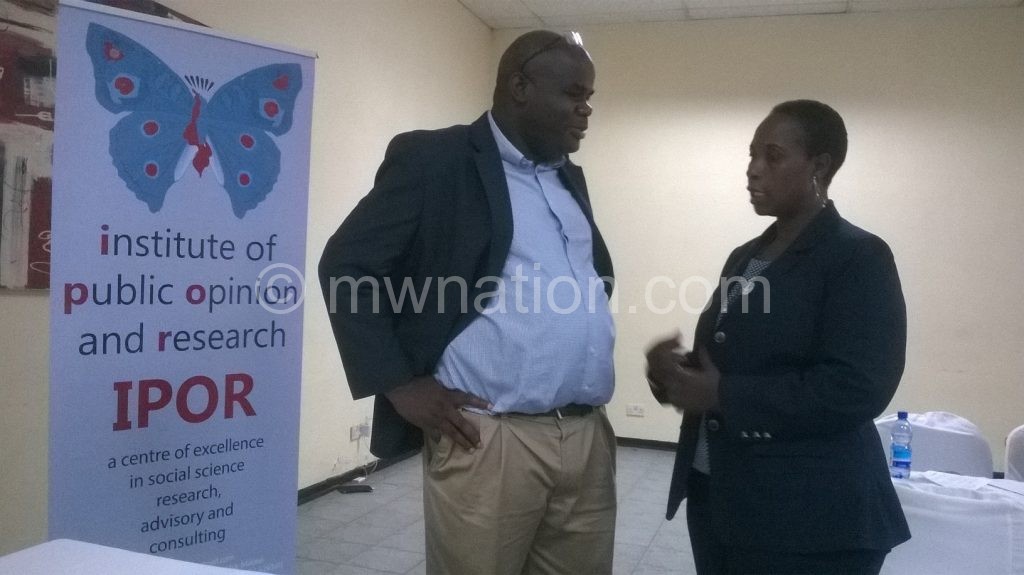
He said the findings highlights the need for evidence-based solutions when designing policies to address development issues in Malawi and emphasized the importance of investing funds in ways that have maximum effect on the wellbeing of women and men and future generations.
According to the study that was conducted in 8000 households of 15 districts in the country, Malawi has more educated men than women; there is still low female representation in parliament and education is related to access to medical care as more educated people care more about their health than those less educated.
It also indicates that cultural practices have a bearing on gender disparities between men and women as in education most parents still prefer sending a male child to school over a female child and that men are likely to purchase or own land as compared to women.
Commenting on the findings, Dr. Asiyati Chiweza, associate professor in the Department of Political and Administrative Studies at the University of Malawi spoke of the need for the country to come up with gender quota system where specific proportions will be set for both men and women to ensure a good number of women representation in politics and at local councils.
According to Chiweza, Malawi has tried different ways such as the 50:50 campaign to try to achieve maximum representation of women in politics but they have not worked hence the need to establish a gender quota system.
She said: “Yes we have tried those strategies but they have not worked, it is high time we explore other avenues that have worked perfectly in other countries such as Namibia, South Africa and Tanzania.
She called on Parliament, Civil Society Organisations, Local Councils and other policy makers to promote the agenda.
Commenting on the matter Salima North West Parliamentarian Jessie Kabwira said it is high time Malawi moves from inferiority complex and all social constructions that put women as the second best.
“Women have the right to participate in developmental agenda. If they have the capacity to lead, there should not be any stumbling blocks. This study must be presented to Parliament so that policies that we make are in line with what is happening on the ground,” she said.


